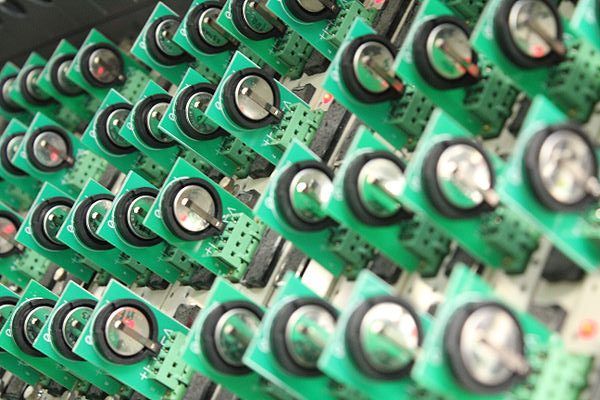An Innovative Way to Enhance the PV Response of a Ferroelectric Material
Photo by Andreas Gücklhorn on Unsplash In the recent paper: “Strongly enhanced and tunable photovoltaic effect in ferroelectric-paraelectric superlattices (Jun 2021)”, researchers found a way to engineer a superlattice of ferroelectric BaTiO3 sandwiched between paraelectric SrTiO3 and CaTiO3 resulting in 1000 times higher photovoltaic (PV) effect than measured in regular BaTiO3 of a similar thickness. […]
An Innovative Way to Enhance the PV Response of a Ferroelectric Material Read More »





